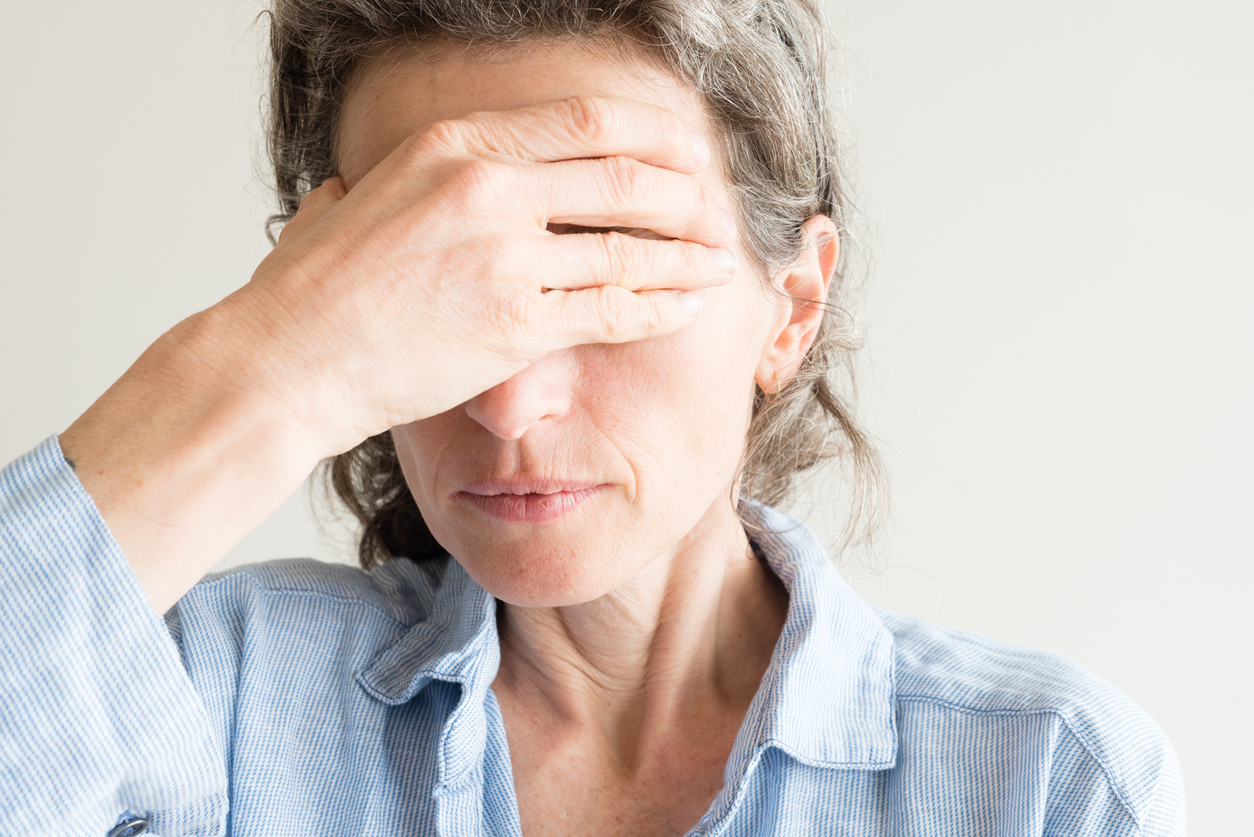If you’re a woman in your 30s or 40s, and you are having trouble sleeping or remaining asleep, you may have menopause-related insomnia. It’s not uncommon to start experiencing the symptoms of insomnia for the first time around this age, especially when these symptoms are connected with the perimenopause phase. If you are noticing these hormonal imbalances for the first time, and you have been unable to sleep for a while, you may be seeing the first stages of menopause.
When this time comes, it’s best to seek sleep disorder treatment in New York. And when seeking the best of the best, look no further than the office of Dr. Mayank Shukla, a professional pulmonologist. As a Chief Pulmonologist and specialized sleep doctor, Dr. Shukla can help you to relieve your symptoms of insomnia on a much deeper level. Knowing the connection between insomnia and menopause is crucial to embarking on a treatment and recovery plan that can guarantee you your sleep schedule back. If you think these connections may apply to you, read on to find out why menopause influences insomnia, and how these symptoms can be reversed.
Change Impacts Sleep
Any amount of change, no matter how large or small, can affect the way you sleep, as well as how successfully you sleep. For example, if you exert far more physical labor in a single day than you’re used to, your body may react to this change by becoming overly tired. Usually after some rest and relaxation, you are charged up and ready to go. But when it’s menopause, the sleep-deprived symptoms may not be so quick to disappear. Sleep disorder treatment in New York is more important than ever, and your symptoms can be easily resolved by a Board-Certified Sleep Doctor like Dr. Shukla. When you sit down with him for a consultation, you will learn that menopause-based insomnia can be caused by a lot of different things:
- Mood Swings
- Hot Flashes
- Depression
- Extreme Changes in Hormones
- Social Changes
- Environmental Changes
While not all sources of insomnia are linked to the start of menopause, it should never be ruled out as an option. And most of the time, menopause seeks only to exacerbate the symptoms of insomnia. When you’ve noticed a repeated inability to stay asleep, it’s time to take these symptoms seriously.
At-Home Treatment Options
After meeting with Dr. Shukla about your medical sleeping needs, you may be prescribed a combination of home remedies to help ease the symptoms of insomnia. While it is not guaranteed that your symptoms will evaporate completely, it’s important to consider the small steps you can employ in your everyday life to influence your sleep schedule to the way you want it to be.
Some options include:
- Quitting smoking or drinking alcohol
- Keeping your room very dark and quiet while you sleep
- Keeping an ice pack next to your bed so you can cool off when you wake up experiencing a hot flash
- Making sure your environment is safe, so your brain will subconsciously be able to rest easier throughout the night
- Staying close to the bathroom
Other professional treatments include hormone replacement therapy and a low-dose birth control pill to manipulate the hormone levels being produced in your body. This may work to lower the symptoms of menopause, which in turn can lower the symptoms of the insomnia you’ve been experiencing.
Seek Treatment from a Certified, Award-Winning Pulmonologist Today!
If you’re looking for serious sleep disorder treatment in New York, Dr. Shukla is the top-rated sleep medicine doctor for the job. Going through menopause can be a tough time in your life, especially when your imbalanced hormones are causing you to miss some vital sleep. To get your life back on track and reduce those detrimental symptoms of insomnia, get in touch with our office today to make a life-changing appointment. Dr. Mayank Shukla is happy to assist you in any way possible. Simply contact us online or call us now at (917) 924-6383!

